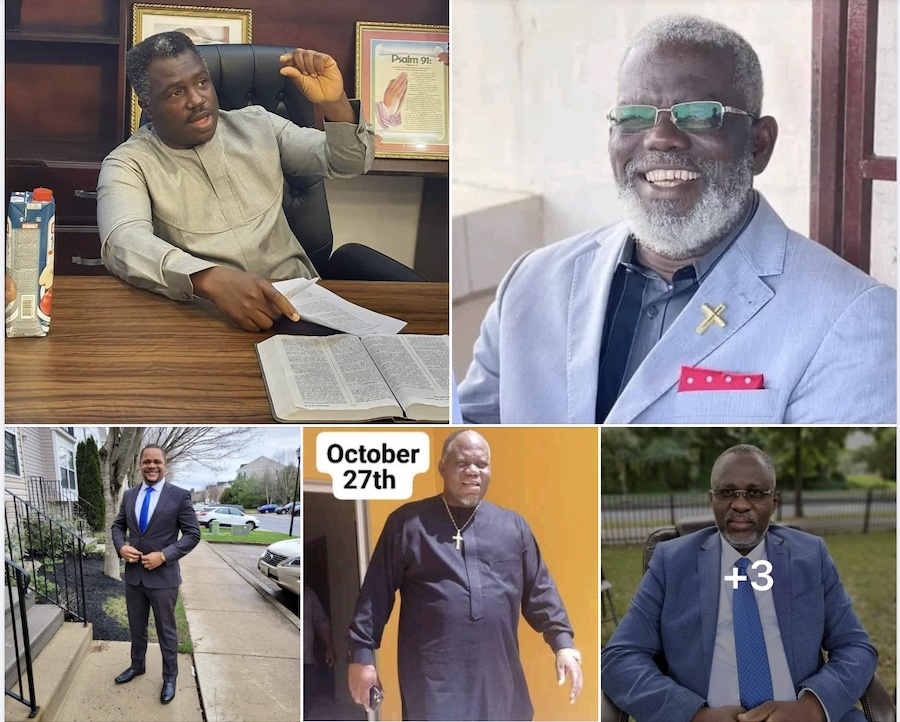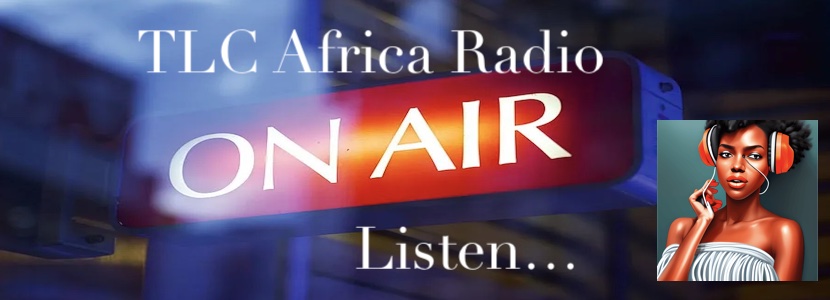
In ethics, morality is a microscope using a plethora of lenses. Because people’s perceptions of world view differ, the issue of ‘the sanctioned government officials of Liberia not taking their office’ has become a controversial hot topic. So, where do we draw the line? Should we let Prince Johnson off the hook because he is a kingmaker, and was somewhat responsible for bringing the UP government into power? How about the other guys, Nathaniel McGill, and Bill Twehway? Will their investigation and possible prosecution translate as a witch-hunt because of what happened to Brownie Samukai? These Socratics could be delved into using three lenses of ethics: deontology, consequentialism, and relativism.
In deontological ethics, wrong is wrong. There is no grey area or shining lining for justification. For example, judging by this theory, like Brownie Samukai, all of the above listed sanctioned should go through the tedious process and if found guilty, face similar consequences. The pro in this matter is that this process is good for our democracy and would provide a level playing field for justice. However, the con is, that Senator Price Johnson might see this singular act as ingratitude on the part of the government he helped to secure state power. In any event, the deontological ethicist will say, “Let justice be done to all men”. Is His Excellency JNB, as he’s affectionately called, be willing to throw an ally, Liberia’s premium Kingmaker and the Price of Nimba, under the bus because of a perceived morality dilemma or does his peak level or ethical principle of morality microscope this issue from a different lens? Does he think that the end justifies the means? That remains to be seen… which brings us to the next topic, Consequentialism.
The theory of Consequentialism infers that “the end justifies the means”… So, if it is anything to go by, then Nathaniel McGill’s and Bill Twehway’s alleged embezzlement of State funds in the millions for personal use would be justifiable. For example, McGill is on record for justifying the alleged loot. In an interview, he hypothetically stated that “even if it was true that I stole public money, at least I am not using it to build homes and businesses outside of the country. I am using it to develop the country”. Unquote. In his psychic reality, he is the modern-day Robbing Hood who steals from the country to build the country and at the same time helps the poor. People agree with his world view as evident in his overwhelming vote into the Liberian Senate. The same could be said for Bill Twehway. He allegedly stole the Liberian people’s money, but at least gave Cesstos City a facelift. How about the Spoon Guy? The American government sees him as a convicted felon who should serve time and pay for his crime. However, his friends, families, employees, and the people his philanthropy has blessed, see him as a Robin Hood. It is because of their overwhelming support that got him a reduced sentence for a crime of such magnitude. “One man’s terrorist is another man’s freedom fighter”. I read somewhere that people are neither good nor bad and as long as their good surpasses their bad- given the geographical setting and political context- they have arrived. It is against the preceding thought that the theory of Relativism makes its case.
If there were ever a grey area or shining lining in ethics, it would be relativism. The theory of relativism dictates that nothing is good or bad, depending on the customs and traditions of a setting. It depends on who is looking at what, how, and why. For example, using Jeremiah Koung in this gone election as His Excellency JNB’s VP candidate was the right thing to do from the perspective of JNB/UP and a majority of the country, as democracy dictates. He was a means to an end, giving the Prince Johnson/ Nimba county factor. However, Henry Costa felt “he should have been shortlisted as VP because of his loyalty and commitment to Chief Executive-elect JNB and for his role in resurrecting JNB’s dying political career”. Hence, JNB’s decision was relatively wrong in his mind’s eyes. Therefore, campaigning against the mentioned as an act of revenge was justifiable. In this scenario, relativism suggests that both of them are right in their own right. However, in reality, we know who made the right decision. In this context, a decision to Rescue the country from illicit drugs, rampant corruption of public funds, a cloudy investment climate, the lack of quality education, employment, decent road network, food security, and Social Protection, to name a few. But this analysis is not about who made the right decision, it is about signaling the grey area and intellectualizing the shining lining in Ethics as an academic discipline.
To that end, let’s not be too quick to judge people’s decisions. They have their reasons why they made them. They might be ethically right for every decision, given the lens they decide to use when making it. Whether it is deontological, Consequential, or Relative, their decision is their decision. Please respect it. “One man’s terrorist is another man’s freedom fighter”. In this scenario, the “end justifies the means”. What you think is right to some people is wrong to some, but to others, it is neither right nor wrong. My late father once summarized the ethical debate in one compound sentence “Do not be too quick to judge people, for you do not know who God likes”.
—
Samuel S. Dean, Sr. BSW
Activist & Human Rights Defender















